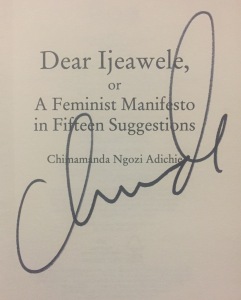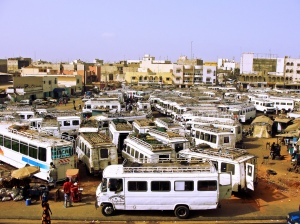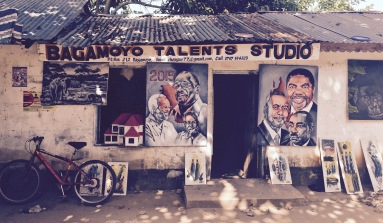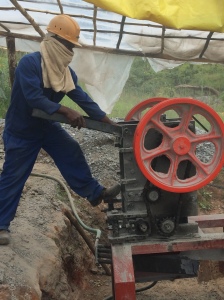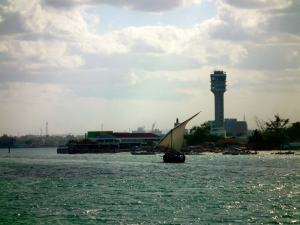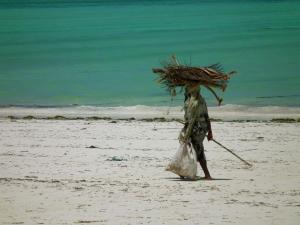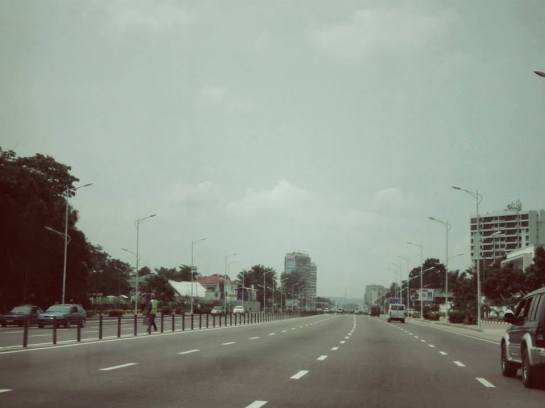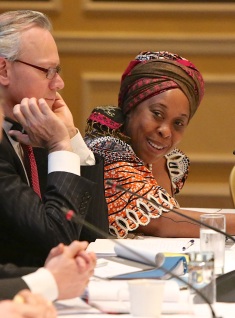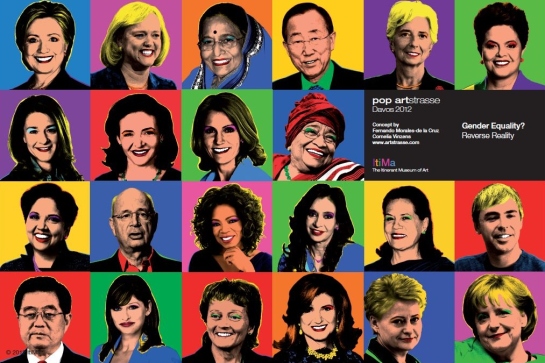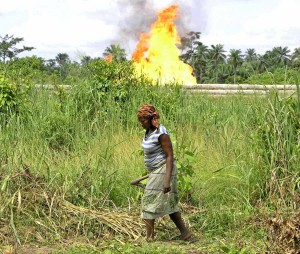“Let me clarify this, policy does not drive innovation. People drive innovation.” Strong opening words from Imad Mesdoua at the Africa Technology Business Forum’s Policy Panel in June. To most, innovation and entrepreneurship seems like a quintessential personal activity. An individual or a small group has an idea, spots a niche in the market and decides to set up a business. What does any of this have to do with Government?
Of course this has a lot to do with Government. Moderator Gosbert Chagula referred to Government as ‘the ever-present illusive force causing mischief in the background.’ Not only does Government set regulations and policy that can stifle or spur innovation, is responsible for putting in place basic infrastructure, it can also provide direct access to finance. The Global Entrepreneurship Monitor Programme (GEM) has found that almost one third of social enterprises rely directly on Government funding: “Governments are not equipped to solve all of the world’s problems — nor should they be — and are looking for innovative solutions from the private sector. Social entrepreneurs will play a vital role.”
 This was written on one of my birthday cards last year. I have a lot of dreams, from running my own company, getting a phd and finally writing a book about start-ups. Living in London, I am surrounded by ambitious women with equally bold dreams. However, the devil is in the detail and turning dreams into a vision whilst juggling all the competing demands of work, friends, family and life in general can be tough. Alex Hess, a partner at a private equity firm, philanthropist and mother said at a
This was written on one of my birthday cards last year. I have a lot of dreams, from running my own company, getting a phd and finally writing a book about start-ups. Living in London, I am surrounded by ambitious women with equally bold dreams. However, the devil is in the detail and turning dreams into a vision whilst juggling all the competing demands of work, friends, family and life in general can be tough. Alex Hess, a partner at a private equity firm, philanthropist and mother said at a 